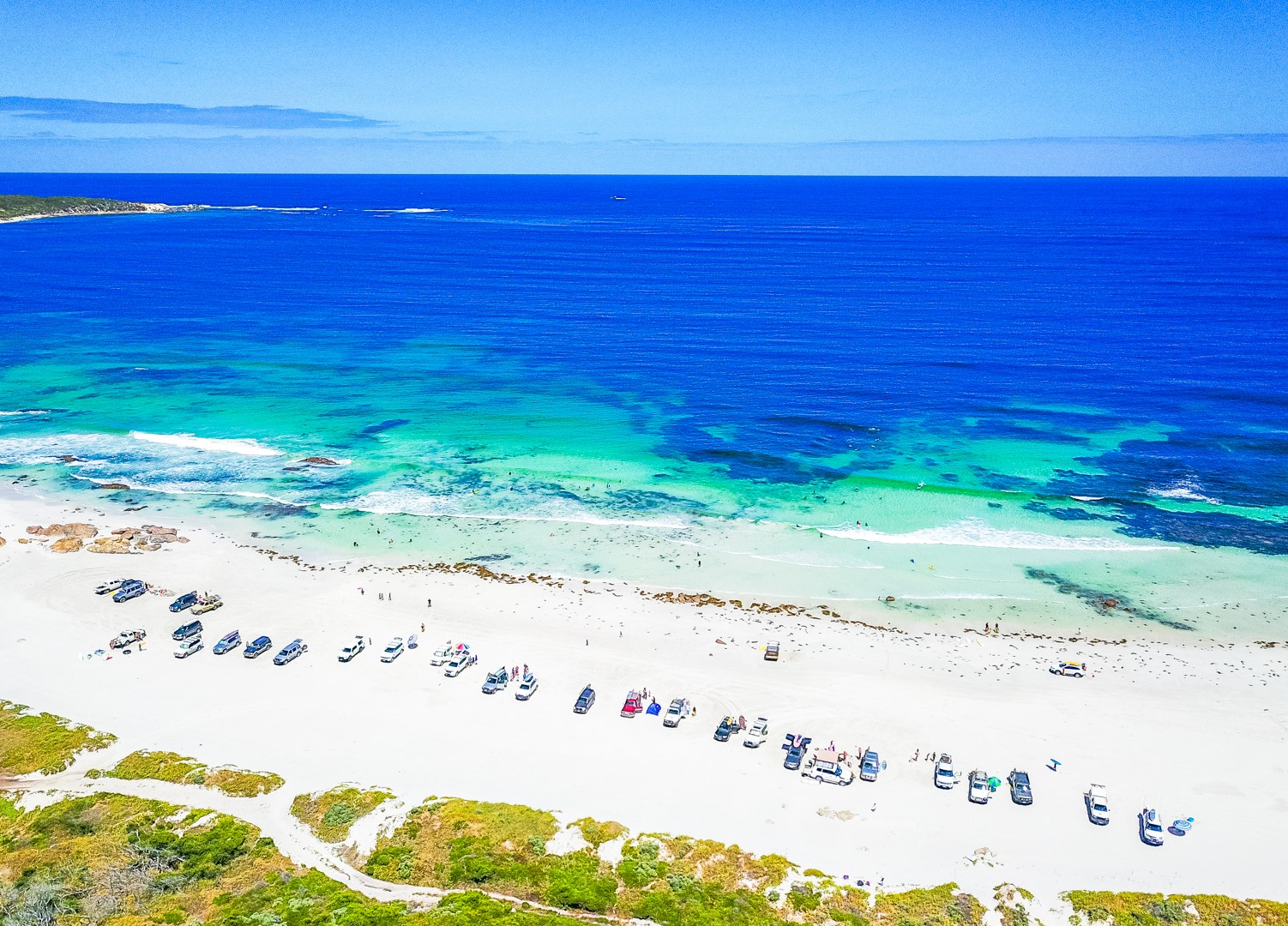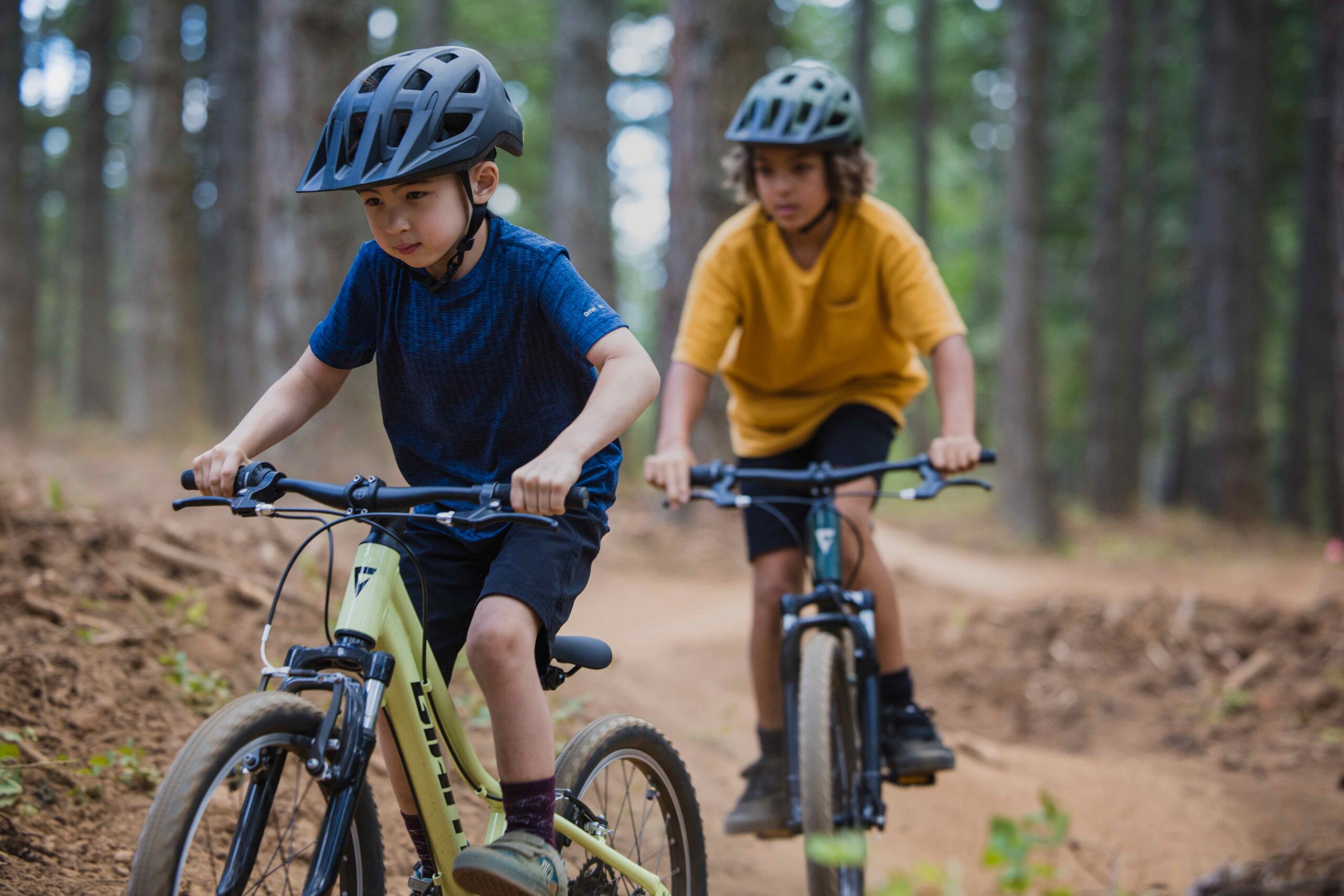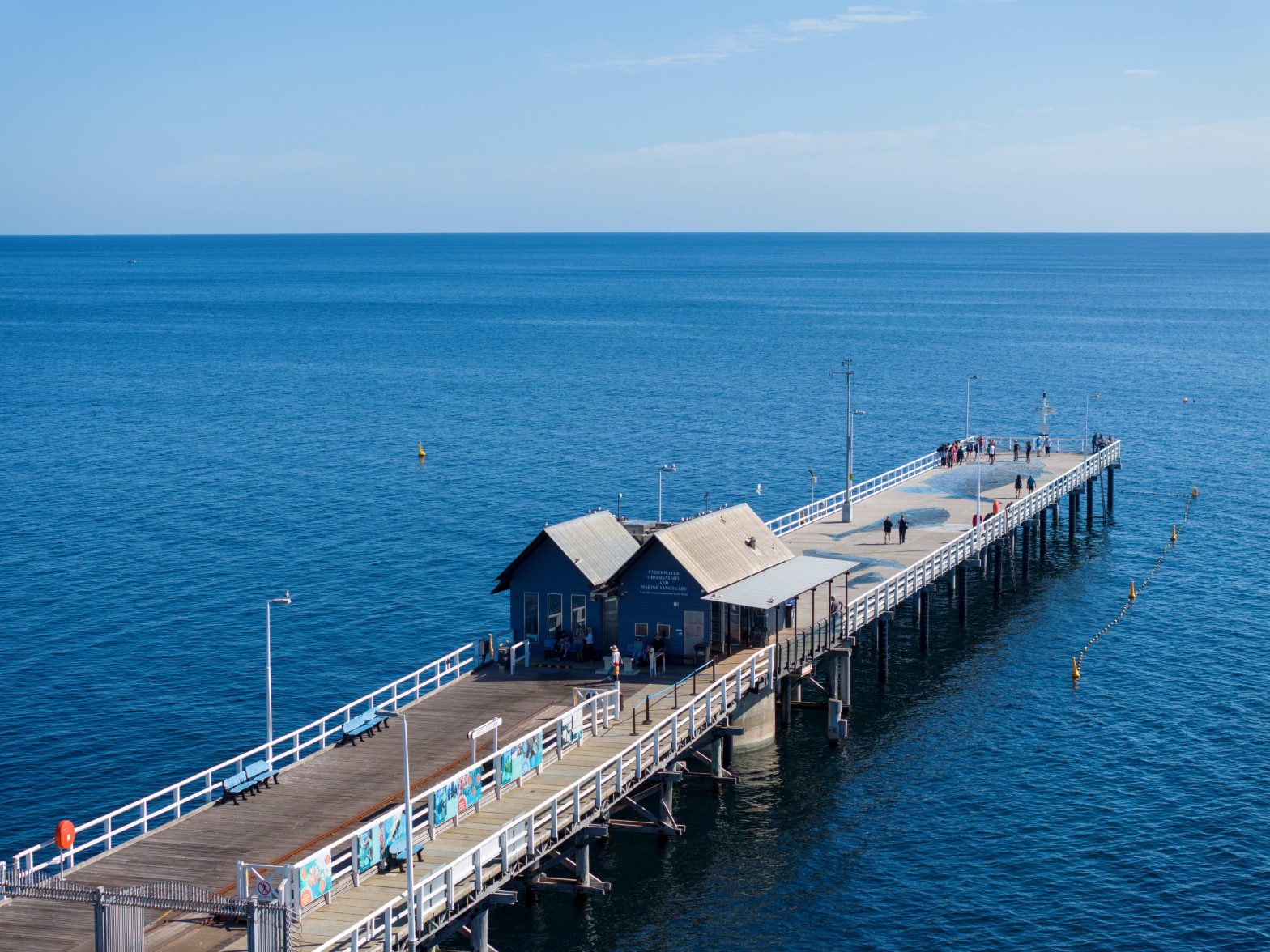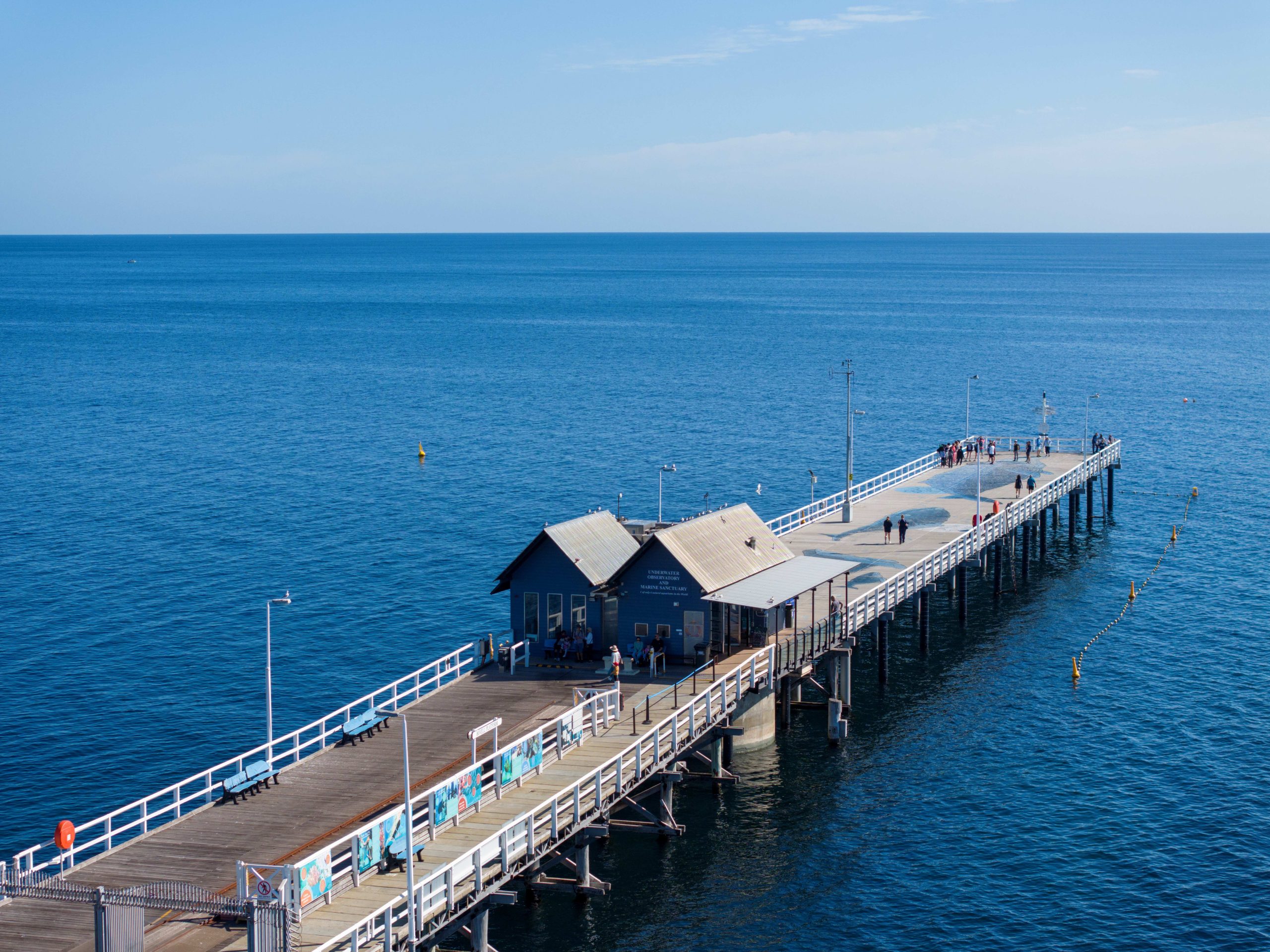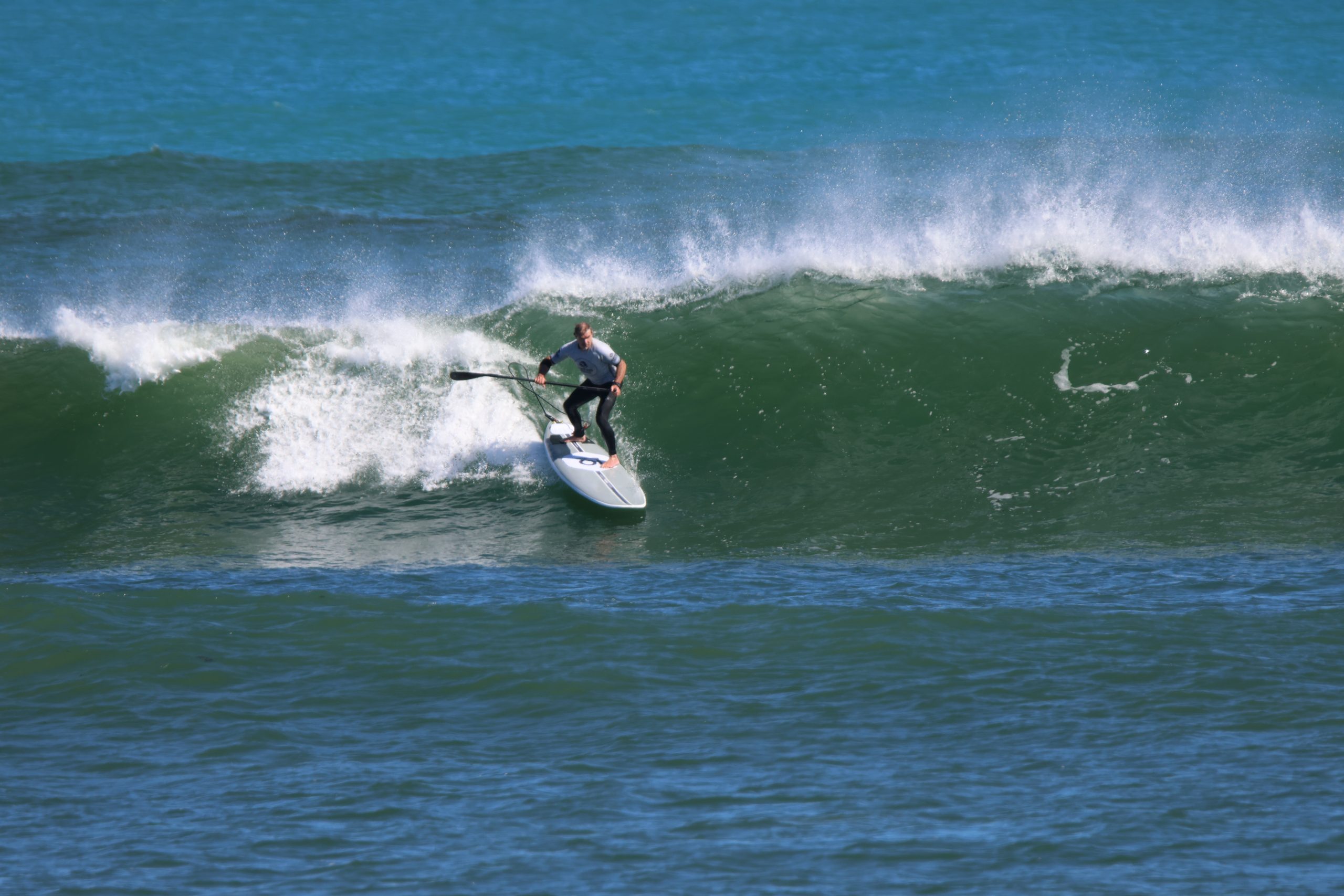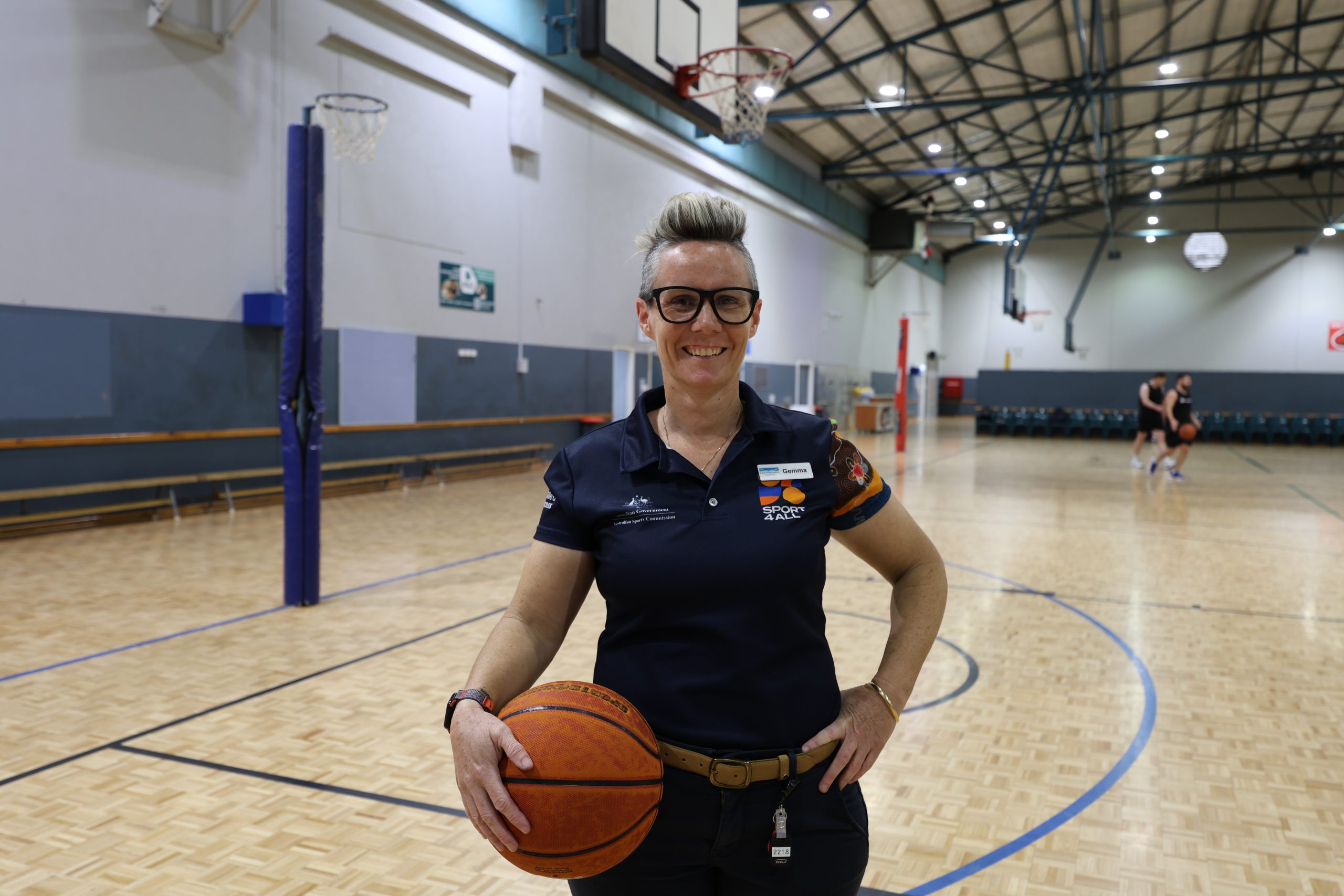'Constant pressure' from off-road vehicles in South West
The region’s peak conservation and tourism groups are sharing the message about the impacts of four-wheel drives on beaches and asking drivers to follow some simple steps to minimise the impact.
Nature Conservation Margaret River Region and the Margaret River-Busselton Tourism Association know that four-wheel driving on beaches is a treasured activity for many and a way of accessing some areas of the coast.
But with more people wanting to get off the beaten track, some popular four-wheel-drive-accessible beaches can see hundreds of vehicles a day over the warmer months.
Nature Conservation’s coastal officer Mandy Polley says every car that drives on a beach brings consequences for the environment, “some which people might not know about”.
She said traffic on beaches has effects like disturbing wildlife and shorebirds including endangered hooded plovers which are nesting or raising chicks.
And damaging vegetation that is vital to stabilise the beach, prevent erosion in storms, and mitigate rising sea levels.

“Driving on beaches compresses the sand and kills or harms the microfauna in the sand.
“And it changes the dune profile by crushing plant seeds and stopping vegetation from spreading, which prevents dunes from moving over time and being more resilient to erosion,” Mandy said.
“Coastal plants play a crucial role as they trap and accumulate sand carried by the wind, gradually building up. When cars run over these small plants, they ‘re unwittingly running over young sand dunes and destabilising the coast.”
If you do choose to four-wheel drive on the beach, the conservation group says you can reduce your impact by:
That was echoed by Track Care WA which said coastal ecosystems are “some of our most fragile and they need special care when we are visiting them, so it is vital you know how to drive safely and lightly to protect yourself and our fragile environment”.
Track Care WA added toileting guidelines too.
“Practice good personal hygiene in the bush and prevent the spread of nasties such as giardia and gastroenteritis as well as stinky surprises for other travellers.
“Carry a trowel to bury solid waste and toilet paper at least 100m from any watercourse and at least 30cm deep,” it recommended.
MRBTA chief executive Sharna Kearney agreed it’s important to follow the track care principles to create a culture ensuring beach ecosystems are not damaged.
“An important part of our role as the local tourism association is to help visitors understand the special nature of our environment, and the ways that they can enjoy and protect it when they visit,” Ms Kearney said.
“Visitors to our region are drawn to our coastline for the same reasons we are as locals, and by sharing these simple steps we can help to create a culture that ensures these fragile ecosystems are conserved for all to enjoy for generations to come.”
Nature Conservation general manager Drew McKenzie urged everyone to “think about reducing your impact and being custodians for this incredible place where we live, work and play”.
“We are having a big impact on the natural beauty that makes these places so appealing,” he said.
“Now is the time to reconsider some of these activities or do them in a more environmentally friendly way.
“With bigger numbers of people accessing the coast year-round, combined with the impacts of climate change and other threats, there’s no opportunity for these areas to rest and recover.
“The pressure is constant, and many of us would have noticed the decline, with fragile coastal vegetation and wildlife being lost.”
Beachgoers are also reminded that dogs are not permitted in the Leeuwin Naturaliste National Park and should only be taken to designated dog-friendly beaches.
For more info see Track Care WA’s off-road code at www.trackcare.com.au

